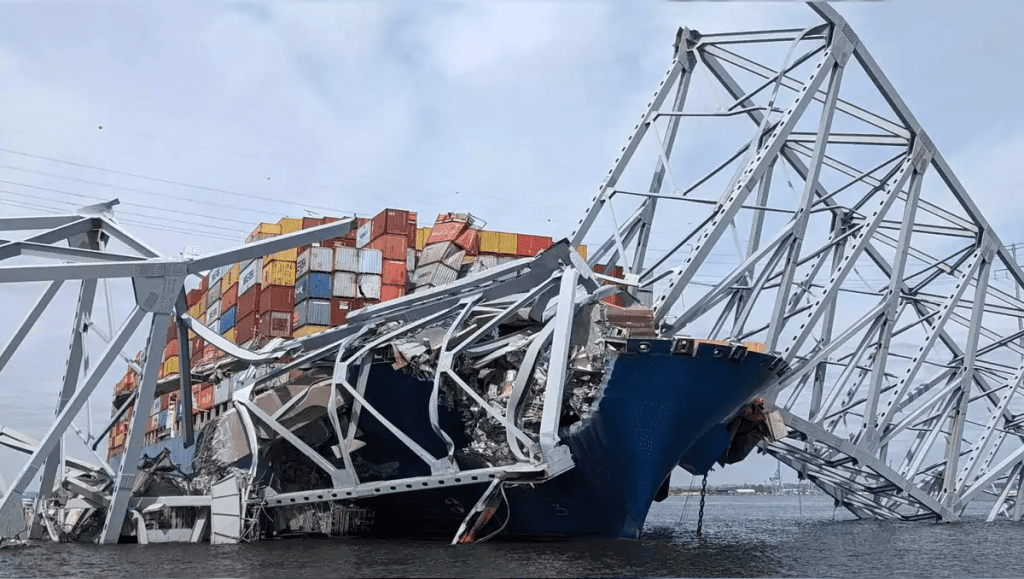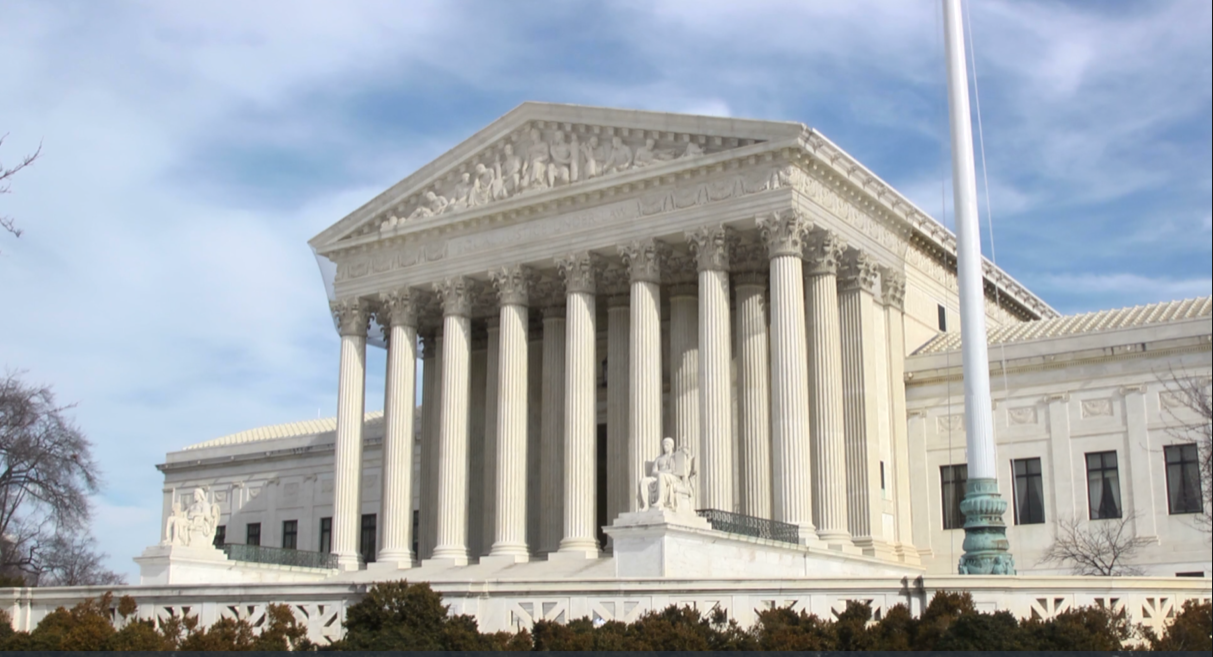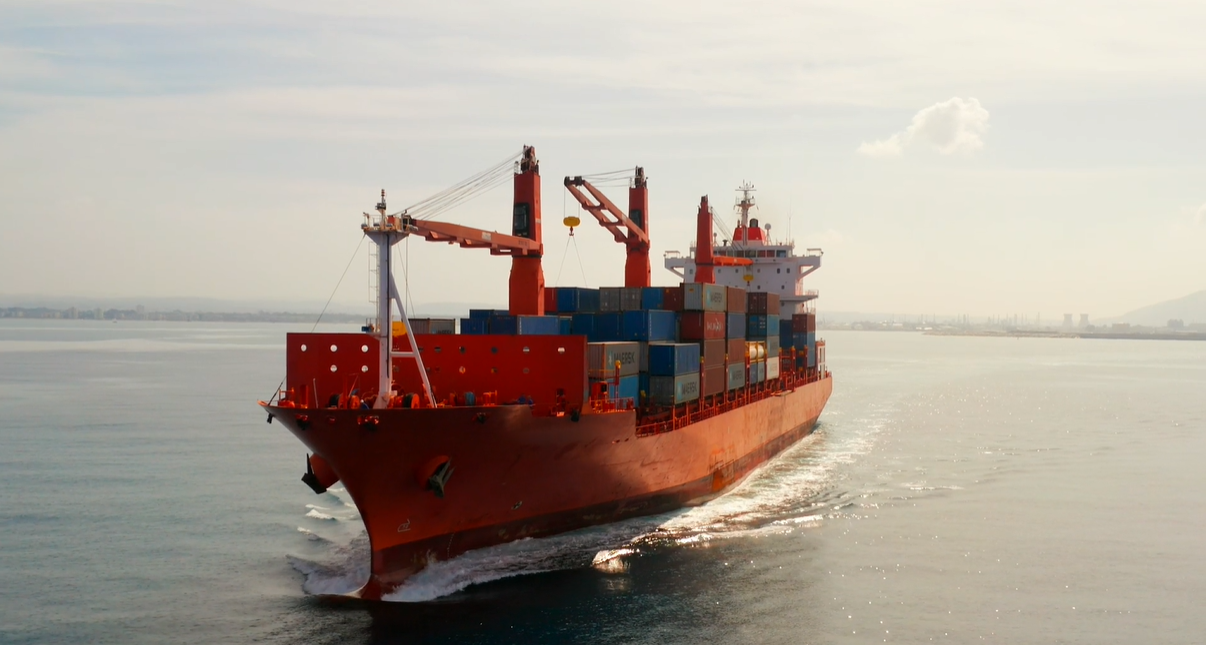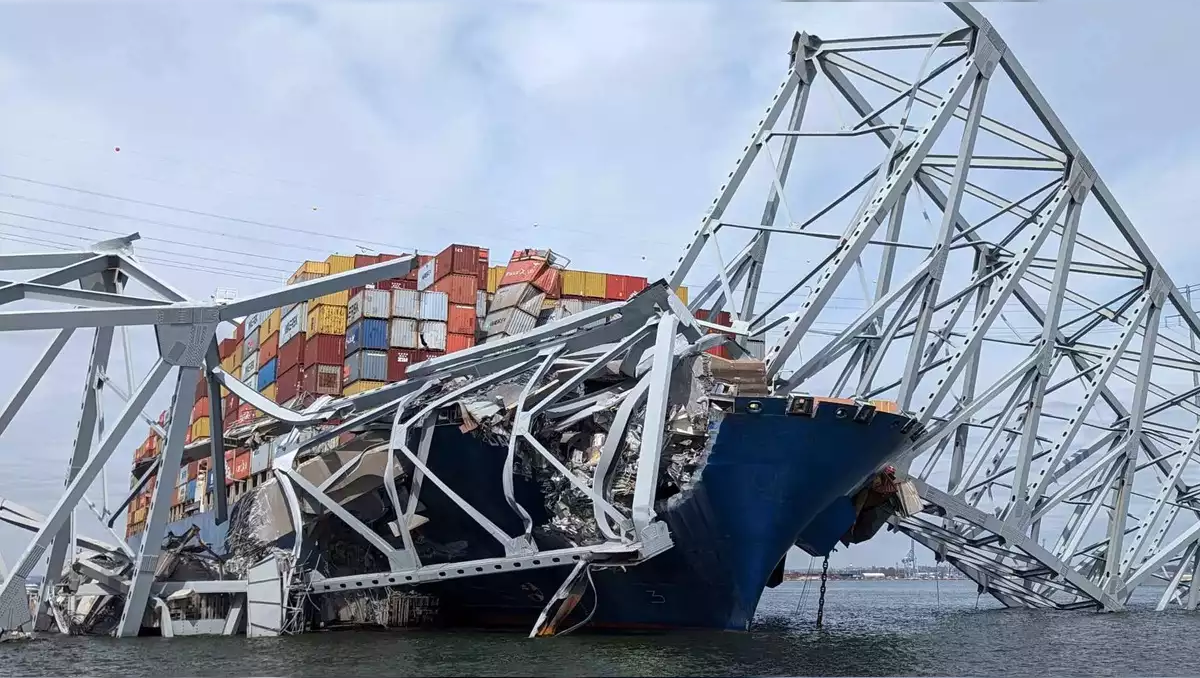FREIGHT FORWARDING
Supreme Court Empowers Carriers: New Regulatory Realities
In a landmark decision on June 28, 2024, the Supreme Court overturned the longstanding Chevron doctrine. This ruling marks a significant departure from the previous practice of granting federal agencies substantial deference in interpreting ambiguous statutes. It fundamentally reshapes the dynamics of regulatory oversight in the freight transportation sector and beyond.
June 28th, 2024
|
3 Minute Read
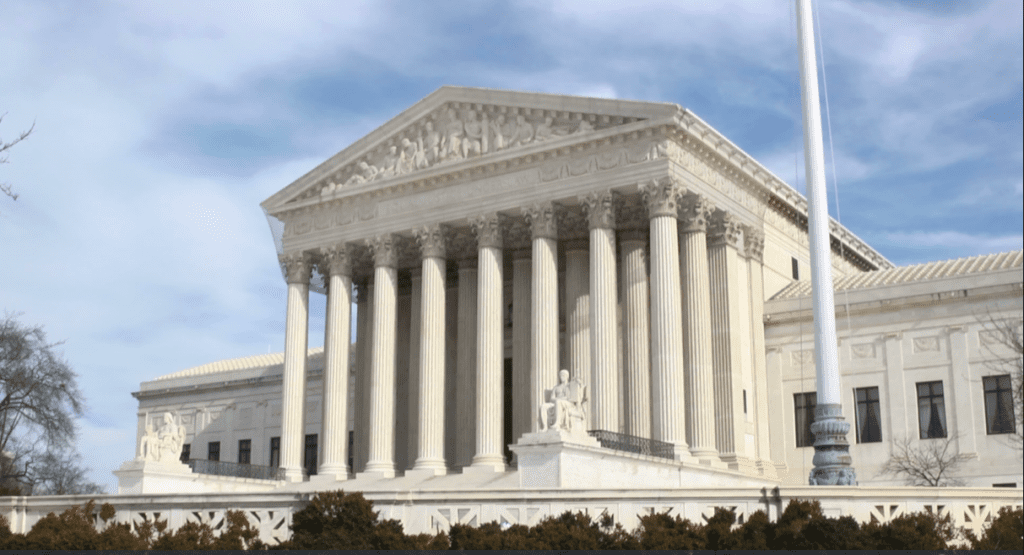
The End of Chevron Deference: A Paradigm Shift in Regulatory Review
Under the Chevron doctrine, courts previously deferred to federal agencies’ interpretations of unclear laws, provided these interpretations were deemed reasonable. This approach often tilted the balance in favor of regulatory bodies, impacting operational standards and environmental and labor policies crucial to the freight transportation industry.
In a 6-3 decision, Justice Neil Gorsuch articulated the majority’s view that Chevron deference compromised judicial independence. It forced judges to adopt agency interpretations even when they diverged from congressional intent. The decision restores judicial oversight, empowering courts to scrutinize regulatory actions more rigorously and ensuring alignment with legislative directives.
Implications for the Trucking Industry and Beyond
For stakeholders in the trucking industry, represented prominently by groups such as the Owner-Operator Independent Drivers Association (OOIDA), the Supreme Court’s decision opens new avenues to challenge regulatory overreach. OOIDA anticipates significant implications for federal regulations impacting trucking operations, urging members to stay vigilant as legal interpretations unfold.
Ken Nahigian, co-founder of the Balancing Act Project, underscores the decision’s potential to empower businesses to voice concerns and contest regulations lacking clear congressional authorization. While offering enhanced transparency and accountability in regulatory processes, this shift also raises concerns about a potential surge in litigation, potentially straining judicial resources with disputes over regulatory validity.
Navigating the Evolving Regulatory Landscape
As industries adapt to post-Chevron realities, legal experts advise stakeholders across transportation sectors — from maritime shipping to trucking — to recalibrate their compliance strategies. Attorney Mark Ruge cautions that regulatory actions based on vague legislative mandates may face heightened scrutiny. This necessitates a comprehensive review of regulatory frameworks from inception through enforcement.
Looking Ahead: Strategic Considerations for Industry Stakeholders
The Supreme Court’s decision heralds a new era of regulatory scrutiny where clarity and legislative intent serve as guiding principles for policy-making. Industry stakeholders are encouraged to proactively engage with legal counsel to navigate potential challenges and capitalize on opportunities presented by these evolving regulatory dynamics.
Conclusion
In conclusion, the Supreme Court’s landmark decision to overturn Chevron deference marks a pivotal moment for freight carriers and other regulated industries. By restoring judicial oversight and emphasizing legislative intent, the decision sets a precedent for a more balanced and transparent regulatory environment. As stakeholders prepare for the implications of this ruling, vigilance, strategic planning, and legal acumen will be essential in navigating the complexities of regulatory compliance in the years ahead.
Read Next
-
Air Europa Cargo Partners with Cargo.one for Enhanced Digital Booking
Air Europa Cargo and cargo.one have launched a global partnership…
-
The Role of Electric Vehicles in Modern Logistics
Electric vehicles (EVs) are revolutionizing the logistics industry. Professionals in…
-
Are You Making These Common Freight Forwarding Mistakes?
In the fast-paced world of freight forwarding, efficiency and accuracy…
-
Supreme Court Empowers Carriers: New Regulatory Realities
On June 28, 2024, the U.S. Supreme Court delivered a…
-
Maritime Shipping Still Struggles: Ocean Rates Soar
Ocean spot rates for shipping forty-foot equivalent containers from China…
-
A Comprehensive Guide to Freight Accounting
Effective freight management is crucial for ensuring that businesses can…
-
Rising Container Shipping Rates: US Demand & Red Sea Issues
The global shipping industry is grappling with soaring container rates…
-
Panama Canal Averts Crisis Through Water Strategy
The Panama Canal recently avoided a potential shipping crisis through…
-
Crucial Role of Freight Forwarding in Supply Chain Management
Efficient supply chain management is essential for the success of…
-
Best Practices and Challenges for Freight Accounting
Freight accounting is a crucial aspect of logistics management, involving…
-
Top Tips For Freight Forwarding Customer Attraction
How can a freight forwarding company optimize its online presence…
-
Baltimore Key Bridge Collapse Prompts Costly Logistics Reshuffle
After the Baltimore Bridge collapse, car carriers are adjusting their…
JOIN OUR MAIL LIST FOR EXCLUSIVE ACCESS TO
LATEST NEWS, TIPS, AND RESOURCES
Your privacy matters! Suntek only uses this info to send content and updates. You may unsubscribe anytime. View our privacy policy for more.

